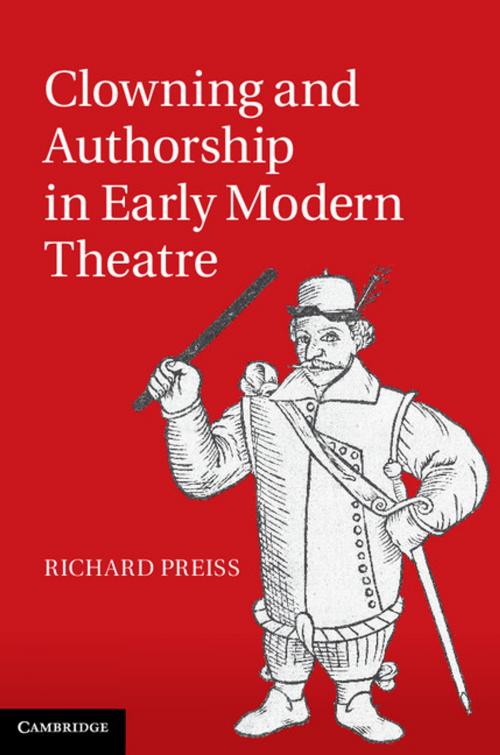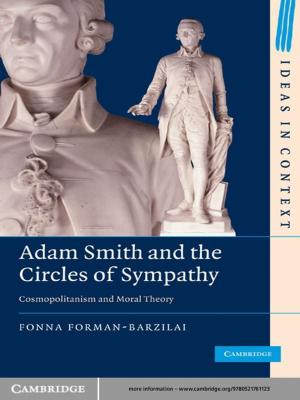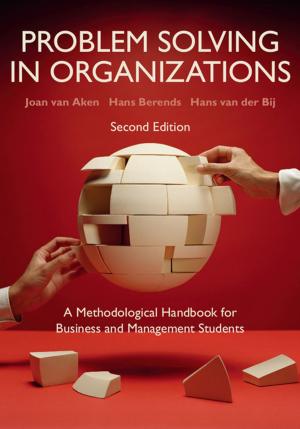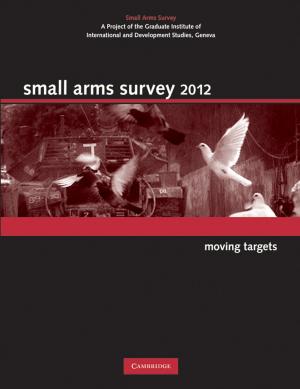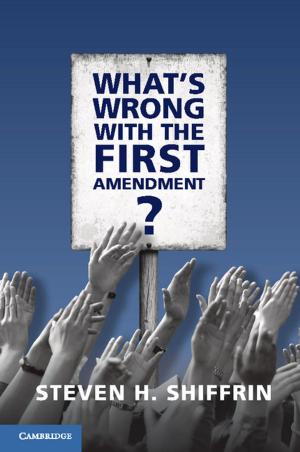Clowning and Authorship in Early Modern Theatre
Fiction & Literature, Literary Theory & Criticism, British, Nonfiction, Entertainment, Performing Arts| Author: | Richard Preiss | ISBN: | 9781107779587 |
| Publisher: | Cambridge University Press | Publication: | March 6, 2014 |
| Imprint: | Cambridge University Press | Language: | English |
| Author: | Richard Preiss |
| ISBN: | 9781107779587 |
| Publisher: | Cambridge University Press |
| Publication: | March 6, 2014 |
| Imprint: | Cambridge University Press |
| Language: | English |
To early modern audiences, the 'clown' was much more than a minor play character. A celebrity performer, he was a one-man sideshow whose interactive entertainments - face-pulling, farce interludes, jigs, rhyming contests with the crowd - were the main event. Clowning epitomized a theatre that was heterogeneous, improvised, participatory, and irreducible to dramatic texts. How, then, did those texts emerge? Why did playgoers buy books that deleted not only the clown, but them as well? Challenging the narrative that clowns were 'banished' by playwrights like Shakespeare and Jonson, Richard Preiss argues that clowns such as Richard Tarlton, Will Kemp, and Robert Armin actually made playwrights possible - bridging, through the publication of their routines, the experience of 'live' and scripted performance. Clowning and Authorship tells the story of how, as the clown's presence decayed into print, he bequeathed the new categories around which theatre would organize: the author, and the actor.
To early modern audiences, the 'clown' was much more than a minor play character. A celebrity performer, he was a one-man sideshow whose interactive entertainments - face-pulling, farce interludes, jigs, rhyming contests with the crowd - were the main event. Clowning epitomized a theatre that was heterogeneous, improvised, participatory, and irreducible to dramatic texts. How, then, did those texts emerge? Why did playgoers buy books that deleted not only the clown, but them as well? Challenging the narrative that clowns were 'banished' by playwrights like Shakespeare and Jonson, Richard Preiss argues that clowns such as Richard Tarlton, Will Kemp, and Robert Armin actually made playwrights possible - bridging, through the publication of their routines, the experience of 'live' and scripted performance. Clowning and Authorship tells the story of how, as the clown's presence decayed into print, he bequeathed the new categories around which theatre would organize: the author, and the actor.
